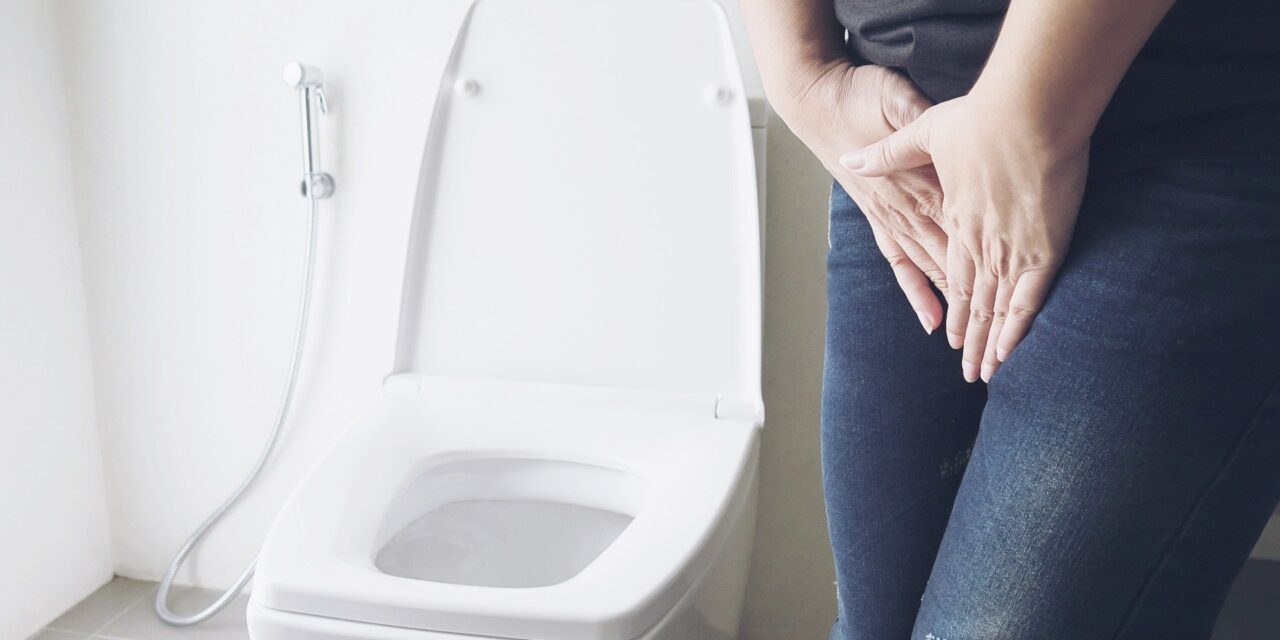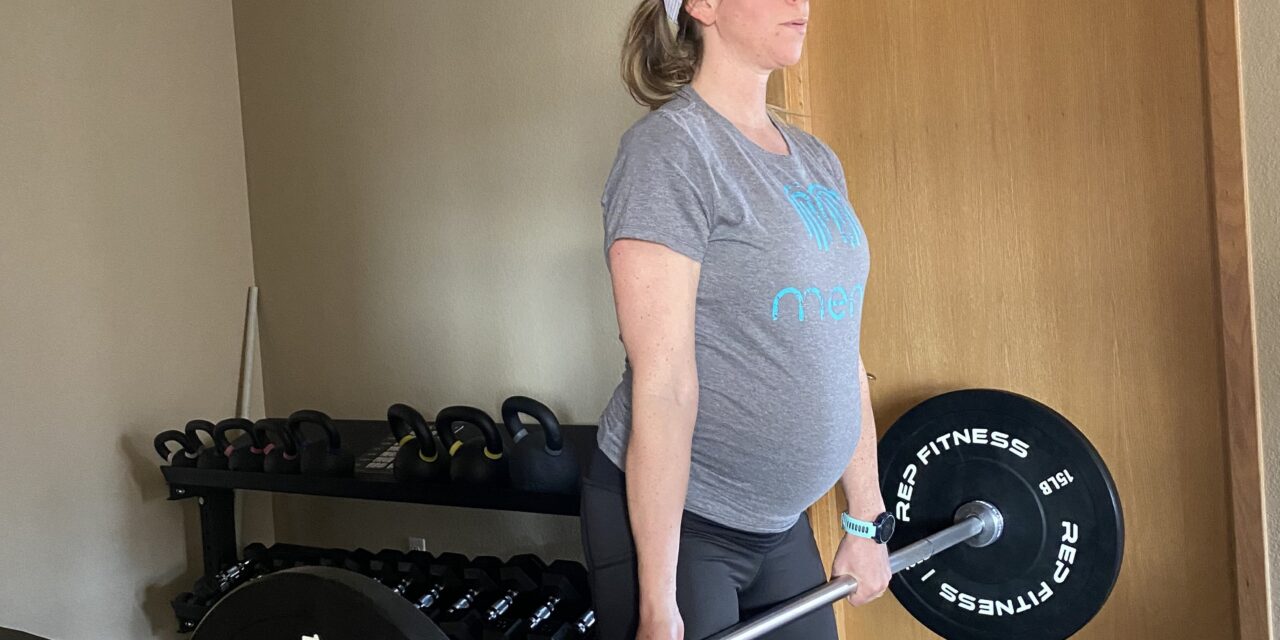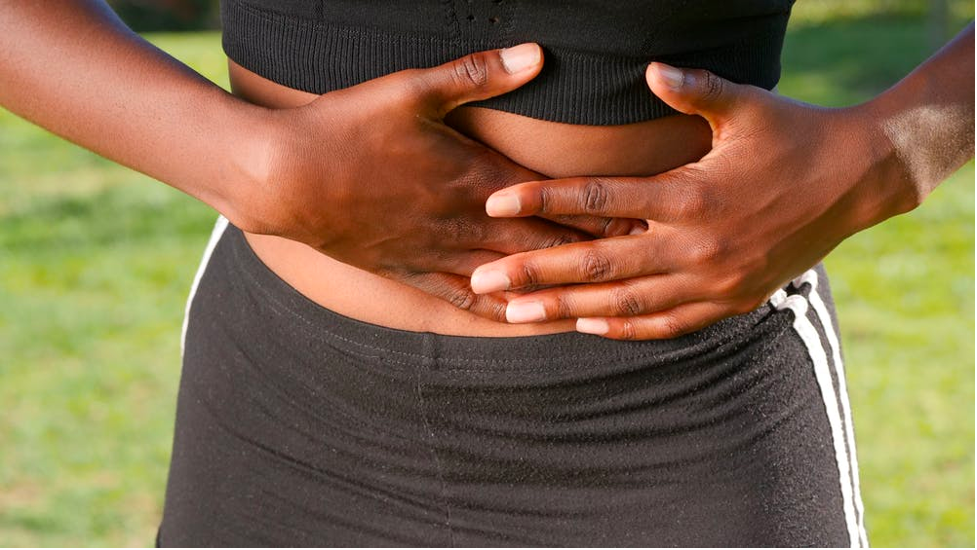Pubic symphysis pain, commonly known as symphysis pubis dysfunction (SPD), affects around 30% of pregnant individuals. SPD manifests with symptoms such as localized tenderness, discomfort during specific movements like turning in bed or getting in and out of a car, and shooting pain in various areas like the lower abdomen, back, pelvis, perineum, and thighs. ...
Breathing has become an industry in this country. Books, apps, and countless health articles revolve around the various styles of breathing, all boasting the mental and physical benefits that can be unlocked with different techniques. As pelvic health physical therapists in Boulder County, we often assess a patient’s breathing pattern during our first evaluation and...
The brain, bladder, and pelvic floor are a system that need to work in harmony together. An issue with any of those regions in the system will affect the others regions and can lead to bladder dysfunction. Dysfunction may appear as: leaking before you make it to the toilet (urge incontinence), leaking during activity or...
What Exercise Can I Do While Pregnant?
March 16, 2022
Fewer than 15% of pregnant women get the recommended 150 minutes of moderate intensity exercise per week. There is a lot of fear out there regarding if and what exercise is safe during pregnancy. You can run! You can lift (even heavy)! You can do abdominal exercises! You can do hanging exercises! You can and...
What Women Need To Know About Pain With Sex
March 14, 2022
One of the most frequently asked questions we get as pelvic floor specialists from our female patients is “is it normal that I have pain with sex?” While it is common, it is not and does not have to be accepted as “normal.” According to statistics from the American College of Gynecology (ACOG), 75% of...
It is a misconception that postpartum recovery and postpartum exercise cannot begin until after your 6 week follow up with your OB. While postpartum recovery occurs in phases, there are some exercises you can begin right away to accelerate your recovery and prevent future dysfunction. The following exercises are applicable whether birth was a vaginal...
Women who participate in high-impact activities may be at higher risk for pelvic floor dysfunction (PFD) such as urinary incontinence than women who participate in low-impact activities. Following childbirth, 30% of mothers report urinary incontinence and 10% report anal incontinence. Women are all too often advised to avoid activities such as high intensity interval training...
35% of postpartum women that return to running report musculoskeletal pain. A new research study has looked at biomechanical and musculoskeletal differences that exist in postpartum runners as compared to nulliparous (person who hasn’t given birth) runners. 9 women less than 2 years postpartum that run at least one day per week were compared to...
Suffering from Abdominal Bloating and Distension? Here’s How Physical Therapy Can Help.
February 17, 2022
Functional gastrointestinal disorders (FGID) are the most common gastrointestinal disorders in the general population, accounting for about 40% of GI problems seen by doctors and therapists. FGID are disorders of gut-brain interaction, meaning the normal motility of the intestines or the sensitivity of the nerves that innervate the intestines are impaired. However, upon imaging, there...
The speciality area of physical therapy, pelvic health, has really increased in popularity and demand in the last decade and with that, the area has grown and evolved in what it treats and how. Pelvic health physical therapy is so much more than just Kegel’s! Along with the evolution of pelvic health physical therapy, comes...






